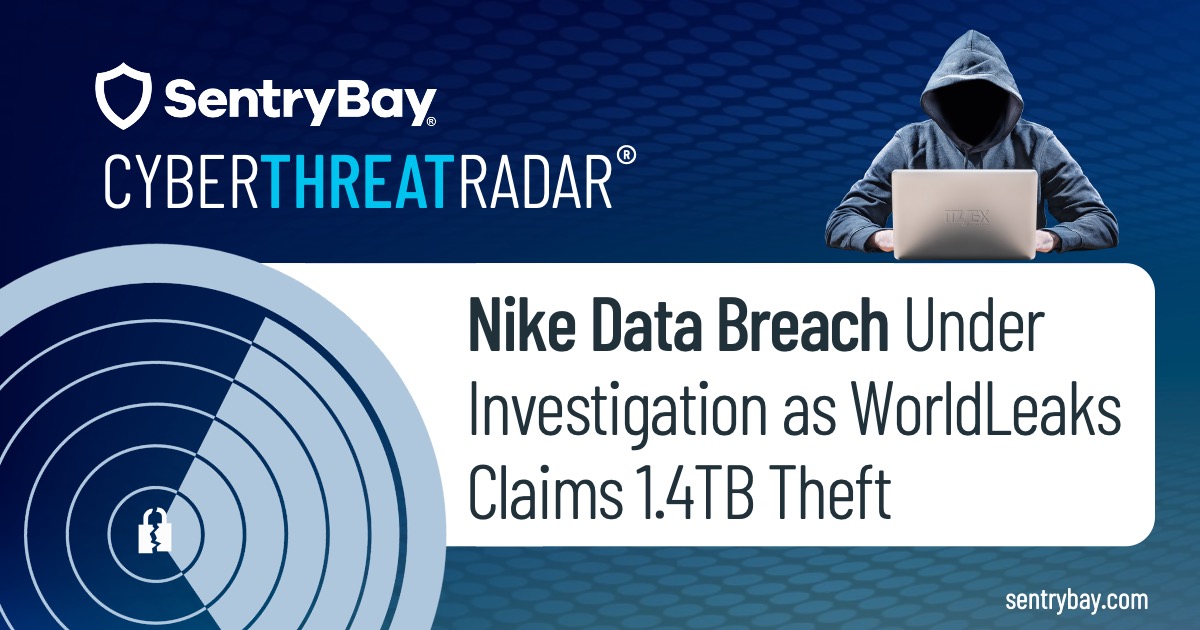
Cyber Threat Radar – Hyundai AutoEver America, the official IT service provider for Hyundai, Kia, and Genesis, has confirmed a significant data breach affecting its systems.
The Hyundai data breach was first detected in early March 2025 but was only disclosed to affected individuals at the end of October.
Based in California and owned by the Hyundai Motor Group, the IT firm supports software development and infrastructure for over 2,300 dealerships across North America. It also provides connected car services currently integrated with more than 2.7 million vehicles.
In a statement, the company said it became aware of a cyber incident on March 1. Investigators later confirmed that attackers had maintained access from February 22 through March 2. During that time, threat actors infiltrated critical parts of HAEA’s network environment.
The full extent of compromised data has not been officially disclosed by Hyundai AutoEver America. However, the Massachusetts Office of Consumer Affairs confirmed that Social Security numbers and driver’s license details were among the data affected.
Hyundai Data Breach Involves Long-Term Risks for Victims
This breach poses long-term risks to affected customers. Social Security numbers are not easily changed, and unlike passwords or card numbers, they can be used for years in fraud schemes.
Tim Royston-Webb, CEO, SentryBay, warns, “This type of data exposure heightens the potential for more targeted attacks. Once threat actors gain a foothold with verified personal data, they often return with more advanced methods to exploit victims further.”
Part of a Wider Pattern of Incidents
The Hyundai data breach is part of a concerning trend. In January 2024, the Russian-linked Black Basta ransomware group claimed responsibility for stealing 3TB of data from Hyundai’s European operations. Regional breaches in Italy and France also compromised customer data in 2023.
These incidents suggest systemic gaps in cybersecurity posture across the Hyundai Group and its global operations. As carmakers move deeper into digital transformation, their exposure grows. Connected vehicles rely on cloud services for updates, diagnostics, and infotainment systems, increasing the attack surface for threat actors.
AI-Powered Malware Threats Cannot Be Ignored
Although the Hyundai data breach has not been linked directly to AI-powered malware, it is clear that attackers are increasingly relying on these tools. One growing concern is the use of malware that silently takes screenshots of on-screen content. That visual data is then processed using optical character recognition to extract text, which is converted to structured data through JSON and exfiltrated to external servers.
This technique bypasses traditional file-based security controls. It targets what the user sees in real time. Whether it is a driver’s license, insurance record, or back-end dealership data, if it appears on screen it can be stolen.
How SentryBay Prevents These Advanced Attacks
SentryBay’s Armored Client offers a proven defense against this rising form of data theft. It blackens sensitive parts of the screen at the operating system level, making it impossible for screen capture malware to extract anything usable. In addition, it blocks the camera and microphone to protect against video and audio theft, randomizes keystrokes and prevents clipboard monitoring.
This approach addresses the gap that traditional security tools often miss. As digital infrastructure grows across automotive ecosystems, from dealerships to connected vehicles, endpoint protection must evolve in parallel.
The Hyundai data breach is a clear signal to the automotive sector. It is not just about locking down networks. It is about securing every interaction, every portal, and every screen.



